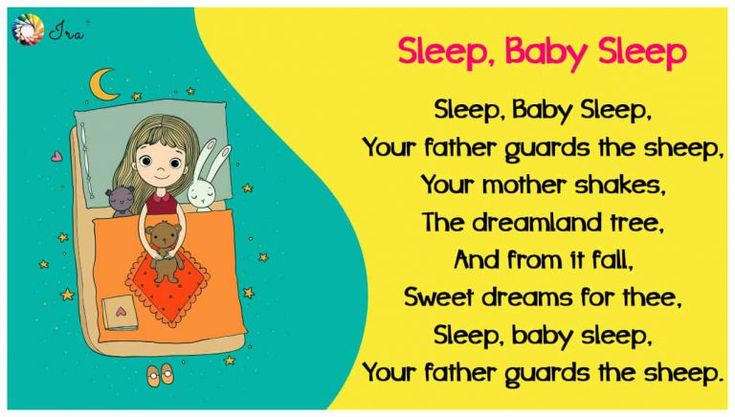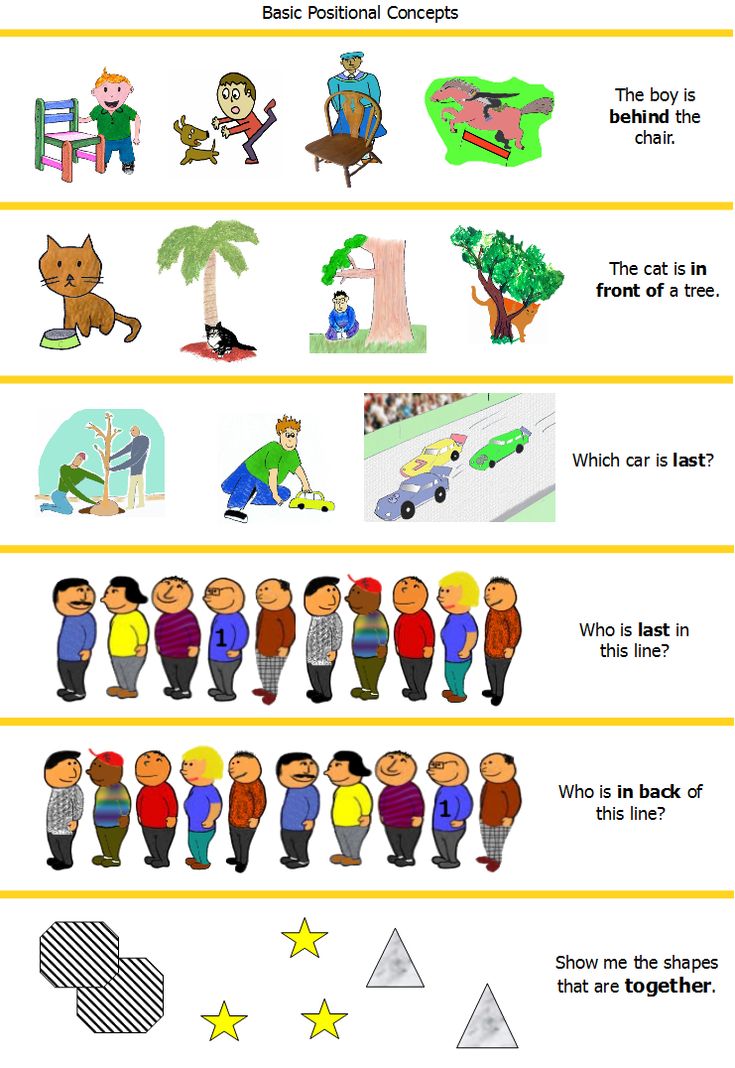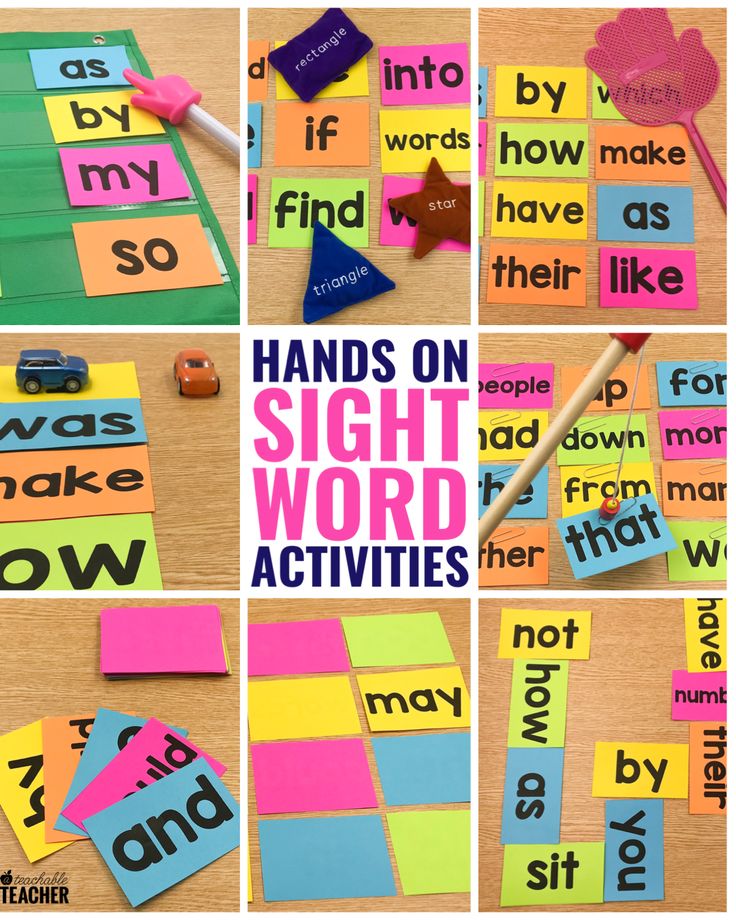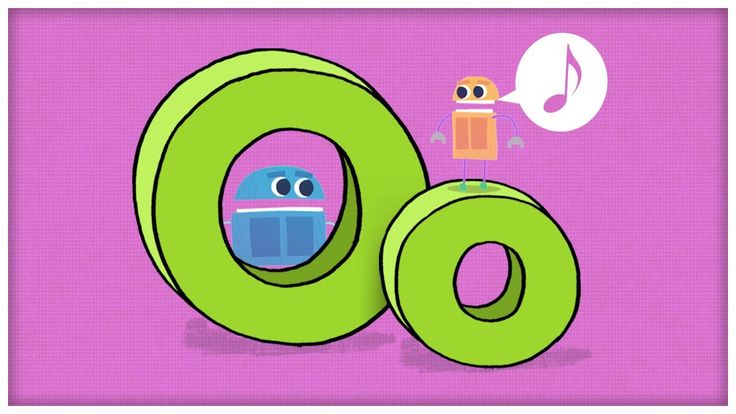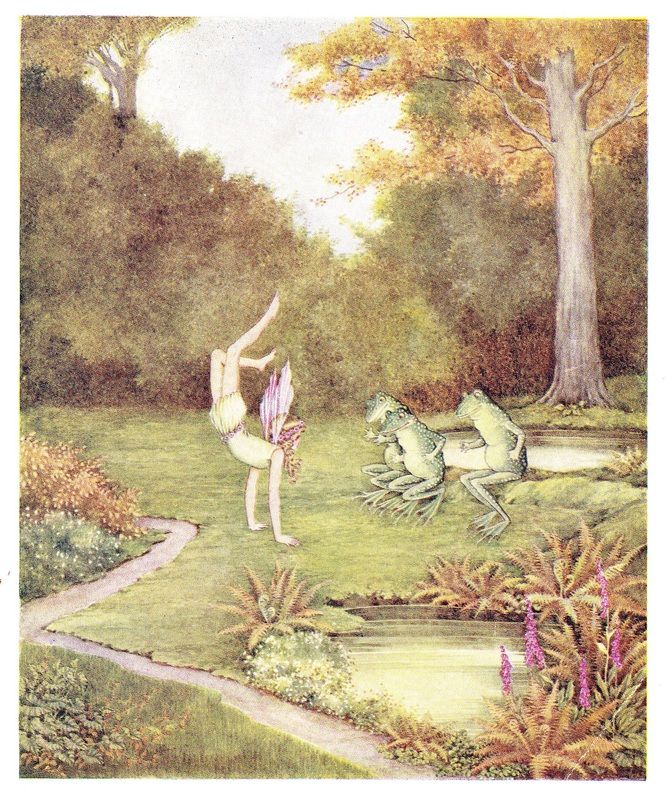Things that rhyme with sleep
147 Words that rhyme with sleep for Songwriters
CHORUS
Top rhymes for songwriters
Filter by number of syllables
Songwriting rhymes for sleep
These rhymes are specially chosen by our unique songwriting rhyming dictionary to give you the best songwriting rhymes.
- keep
- creep
- deep
- asleep
- sweep
- leap
- cheap
- sheep
- weep
- peep
- reap
- need
- sweet
- feet
- meet
- street
- beat
- each
- jeep
- treat
- reach
- bleed
- heat
- seat
- teach
- feed
- beach
- repeat
- speed
- weed
Get instant rhymes with the Chorus app
Perfect rhymes for sleep
- keep
- creep
- deep
- sweep
- leap
- cheap
- sheep
- weep
- asleep
- peep
- reap
- heap
- seep
- jeep
- beep
- steep
- upkeep
- oversleep
- veep
- clepe
- reep
- bleep
- cheep
- sneap
- threap
- leep
- streep
- black sheep
- kreep
- dieppe
- felipe
- bopeep
- lepe
- rubbish heap
- dall sheep
- tepe
- diep
- fall asleep
- bighorn sheep
- dirt cheap
- inskeep
- sepe
- fast asleep
- garbage heap
- junk heap
- sound asleep
- trash heap
- barbary sheep
- merino sheep
- mountain sheep
- vegetable sheep
- maned sheep
- go deep
- refuse heap
- rocky mountain sheep
- marco polo sheep
- seip
- seipp
- white sheep
- kneip
To see our full selection of genre-specific rhymes, triggers that get your creativity flowing, and next line suggestions from our incredible A.
I. assistant, sign up to Chorus today.
Near rhymes for sleep
Near rhymes work great for songwriting, often giving a more interesting feel than perfect rhymes.
- need
- sweet
- feet
- meet
- street
- beat
- each
- treat
- eat
- reach
- bleed
- heat
- seat
- teach
- feed
- beach
- repeat
- speed
- weed
- complete
- cheat
- least
- seed
- meat
- concrete
- speech
- guaranteed
- backseat
- seemed
- bittersweet
- believed
- preach
- compete
- incomplete
- dreamed
- greed
- plead
- beast
- east
- indeed
- sheet
- defeat
- neat
- delete
- mistreat
- field
- reached
- feast
- priest
- sealed
- healed
- freed
- breed
- siege
- heed
- decreed
- obsolete
- concede
- peach
- mislead
- deceit
- bleach
- indiscreet
- screech
- overeat
- centipede
- pleased
- shield
- screamed
- squeezed
- fiend
- received
- achieved
- released
- revealed
- perceived
- relieved
- cleaned
- deceived
- concealed
- battlefield
- peeled
- teased
- bleached
- heeled
- appeased
- freaked
Want to know what rhymes with sleep?
If you’re a songwriter, a quick search online will throw up thousands of different words and expressions that rhyme
In fact, people have been publishing rhyming dictionaries for more than a hundred years
But are these the best rhymes for songwriters? I don’t know about you, but if I’m going to choose between “thieve” and “breach” (which do not rhyme), I’ll always choose “thieve”
Why? Well, we as songwriters are looking for singable words that sound good together in songs
The main factor we look at is how they sound when we say them or sing them, rather than just looking at how they look on a page — and this is what sets us apart from other types of writers
That's what we've done with Chorus!
These are just a few of our rhymes.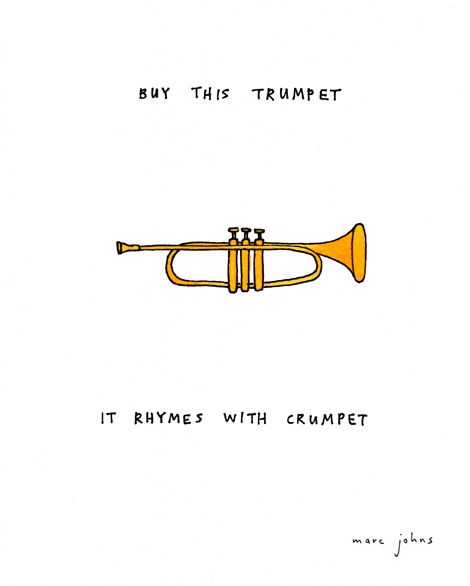 If you want to discover all the ways you can express yourself with Chorus, sign up for the full version now.
If you want to discover all the ways you can express yourself with Chorus, sign up for the full version now.
To see our full selection of genre-specific rhymes, triggers that get your creativity flowing, and next line suggestions from our incredible A.I. assistant, sign up to Chorus today.
Create your songbook233 best rhymes for 'sleep'
1 syllable
- Keep
- Cheap
- Peep
- Sheep
- Creep
- Deep
- Leap
- Weep
- Reap
- Sweep
- Treat
- Heat
- Meet
- Sweet
- Feet
- Street
- Cheat
- Sheet
- Eat
- Seat
- Beat
- Skeet
- Jeep
- Beep
- Steep
- Neat
- Greet
- Seep
- Heap
- Tweet
- Speak
- League
- Sneak
- Seek
- Clique
- Freak
- Meek
- Weak
- Peak
- Cheek
- Bleep
- Leak
- Fleet
- Streep
- Eap
- Pete
- Streak
- Wheat
- Bleak
- Geek
- Creek
- Sleet
- She'd
- Need
- Weed
- Read
- Least
- Lead
- Beast
- Feed
- Bleed
- Speed
- Plead
- East
- Fried
- Feast
- Seed
- Greed
- Reached
- Breed
- Fleek
- Cleat
- Dweeb
- Teat
- Priest
- Crete
- Leet
- Veit
- Liebe
- Breit
- Pleat
- Threet
- Greek
- Tweak
- Reek
- Chic
- Creed
- Sleek
- Squeak
- Beak
- Shriek
- Deed
- Heed
- Dreamed
- Field
- Seemed
- Fiend
- Krieg
- Zeke
- Eke
- Sieg
- Teague
- Eeg
- Reeg
- Screamed
- Shield
- Yeast
- Sealed
- Preached
- Ceased
- Leaked
- Peaked
- Peed
- Peeped
- Breached
- Freaked
- Steed
- Reaped
- Keyed
- Bead
- Bleached
- Tweaked
- Seeped
- Greased
2 syllables
- Asleep
- Concrete
- Defeat
- Repeat
- Delete
- Complete
- Compete
- Elite
- Retreat
- Unique
- Heartbeat
- Backseat
- Deceit
- Technique
- Discreet
- Receipt
- Athlete
- Deadbeat
- Deplete
- Worried
- Released
- Indeed
- Proceed
- Buried
- Married
- Succeed
- Mistreat
- Petite
- Deceased
- Bullied
- Carried
- Offbeat
- Secrete
- Backstreet
- Amit
- Conceit
- Upbeat
- Excrete
- Mincemeat
- Replete
- Starfleet
- Downbeat
- Wallstreet
- Bridgette
- Drumbeat
- Unseat
- Effete
- Spreadsheet
- Mohit
- Mesquite
- Gamete
- Physique
- Critique
- Mystique
- Bodied
- Antique
- Unleashed
- Fatigue
- Intrigue
- Believed
- Oblique
- Boutique
- Blitzkrieg
- Monique
- Newsweek
- Midweek
- Misspeak
- Colleague
- Clinique
- Newspeak
- Tariq
- Bespeak
- Studied
- Agreed
- Mislead
- Exceed
- Increased
- Copied
- Stampede
- Concede
- Emptied
- Partied
- Bloodied
- Impede
- Misread
- Received
- Decreased
- Hurried
- Reread
- Recede
3 syllables
- Incomplete
- Oversleep
- Obsolete
- Bittersweet
- Overheat
- Parakeet
- Indiscreet
- Uncomplete
- Marguerite
- Guaranteed
- Dominique
- Chesapeake
- Vanderbeek
- Martinique
- Doublespeak
- Centipede
- Disagreed
- Embodied
4 syllables
- Accompanied
Want to find rhymes for another word? Try our amazing rhyming dictionary.
If you write lyrics you should definitely check out RapPad. It has tons of useful features for songwriters, lyricists, and rappers.
Lucid dreams. Why are they needed, how to cause, what are the consequences? / Habr
In the search for productivity, sleep occupies a special place. It can be used for deep and high-quality rest allocated to the body by nature itself. And you can treat it as a tool for studying the psyche.
Hello! RISE is in touch: community about nootropics and personal productivity . And in this material, we will dive into lucid dreams, and how they can be used for personal productivity.
Where are you diving?Lucid dreams. Methodology
In psychology, the subject of dreams was first covered by Sigmund Freud and Carl Gustav Jung. But they did it based on their own vision of definitions and categories. In particular, Freud saw the manifestation in dreams of repressed motives and desires. Carl Gustav Jung, on the contrary, wrote about the existence of crystallized images of the common unconscious, which he called archetypes. By the way, archetypes are used everywhere in art - even in computer games, which is not as useless as seems to be. However, the achievements of these psychologists were the first attempts to categorize the subjective experience of each person, based on the worldviews of two European scientists.
By the way, archetypes are used everywhere in art - even in computer games, which is not as useless as seems to be. However, the achievements of these psychologists were the first attempts to categorize the subjective experience of each person, based on the worldviews of two European scientists.
Allan Hobson on split consciousness and lucid dreams
Allan Hobson took up the modern concept of lucid dreaming. The author devoted his entire scientific life and career to the study of dreams and the meanings inherent in them. Sometimes it seems that these meanings can be written in self-development techniques , although this is not entirely true. The author proposes the following concept of consciousness, and features of its work in sleep and wakefulness:
-
Consciousness is divided into primary and secondary. The primary is given all the functions of sensing the world. That is, it can only feel and nothing more. The secondary consciousness, which works when a person is awake, explains and interprets everything that we see.
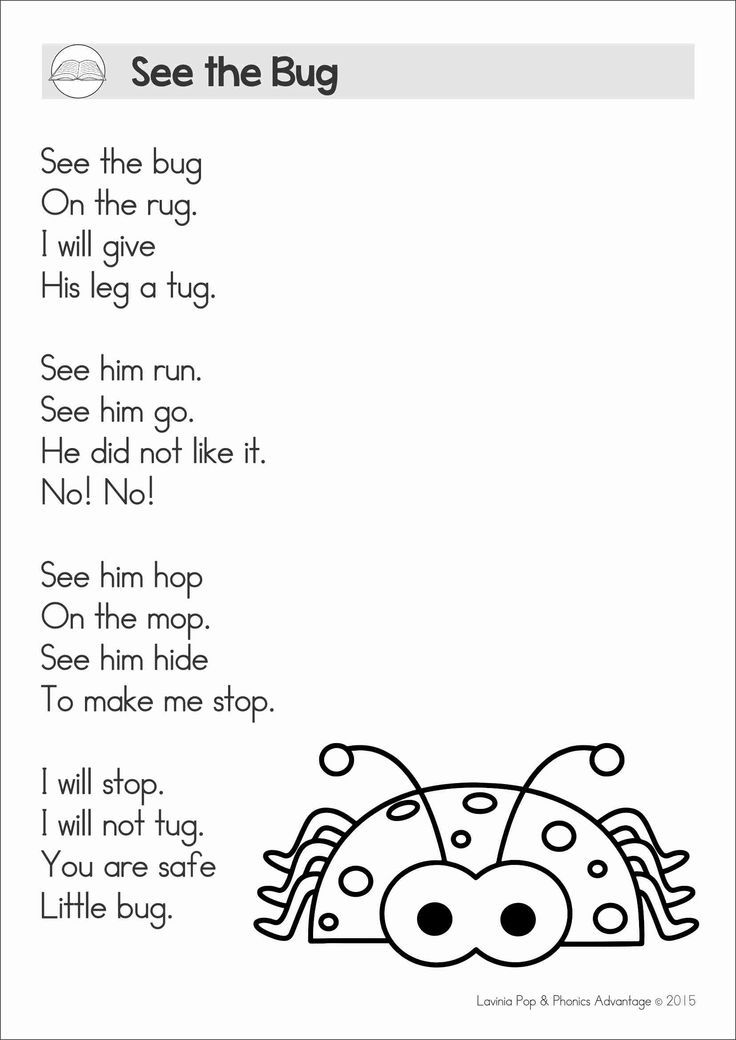
-
At the same time, a certain formation called qualia is in the mind. Qualia is a holistic and indivisible self-image. A kind of self-awareness that does not split, but constantly changes throughout life. The most appropriate analogy to describe the qualia is the imaginary ship of the Argonauts, which is in the museum. Once a year, one board rots and is replaced with a new one. Question: Will it still be the same ship when all the boards are replaced? The same is true of our self-awareness.
-
Primary and secondary consciousness is like a medium for our qualia. The primary offers the sensory experience from which we form our relationship with the environment. Secondary - explains why exactly this happens.
Sleep is presented by Allan Hobbs as a tool for assimilation of the experience gained. Roughly speaking, the brain digests the received information. And how effectively he does this depends on how "eagerly" he will receive information in the new period of activity.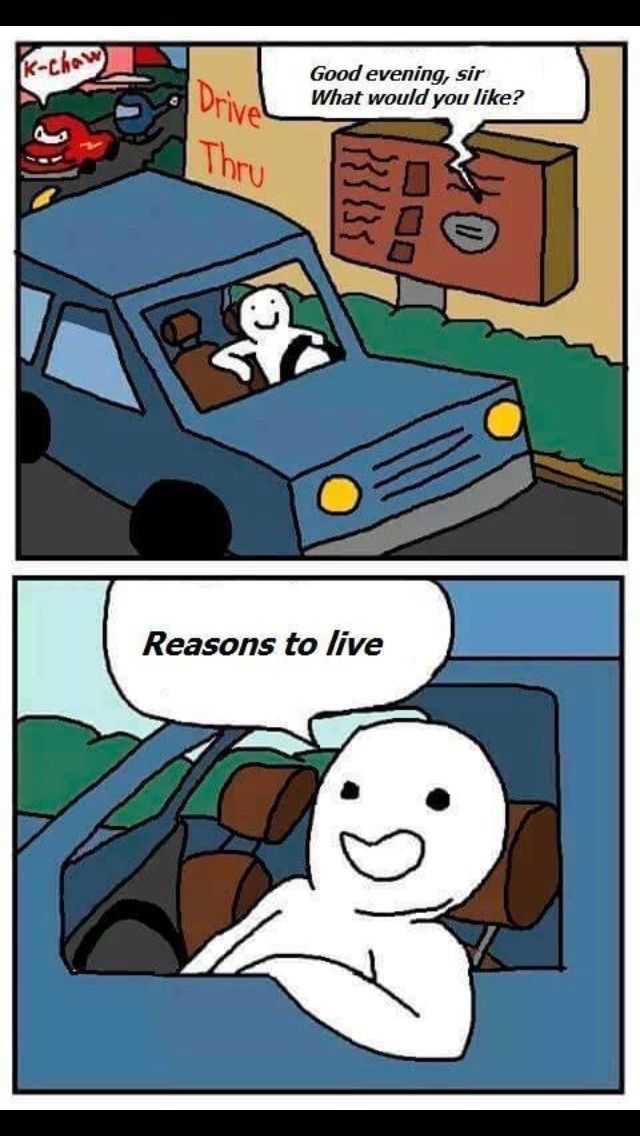 Bioavailability Information as bioavailability of nootropics varies. And it has a different effect on the formation of the psyche.
Bioavailability Information as bioavailability of nootropics varies. And it has a different effect on the formation of the psyche.
Therefore, when it comes to how to learn faster , the priority will always be the most healthy sleep. But is it possible to get a little more out of sleep than just quality rest? Stanislav Grof thinks so.
Stanislav Grof about lucid dreams
Stanislav Grof shows the client the reason for his fears and insecurities. Photo in colorThe end of the 70s was marked in the world of psychiatry by the prohibition of psychedelic substances. Society was in revolt, effectiveness on the battlefield was in doubt, and cases of mental disorders were on the rise. The government needed quick results, and in this case, a nuclear reaction is preferable to the most colorful DMT effects .
Stanislav Grof was one of the psychiatrists who saw the potential of psychedelics in dealing with psychological trauma and problems. And then the scientist wondered if it was possible to induce the effects of a psychedelic trip without psychedelics. The options were as follows:
And then the scientist wondered if it was possible to induce the effects of a psychedelic trip without psychedelics. The options were as follows:
-
Hypnosis. Back then, it was still considered an effective tool, albeit incredibly labor-intensive. It was difficult to measure its effectiveness scientifically. Fixing the subjective effect is problematic. And science treated this phenomenon as a subspecies of quackery.
-
Holotropic Breathwork. What Stanislav Grof is known for in the modern world. A person begins to consciously combine the phases of oxygen starvation and increased oxygenation of the brain. In response to this, the brain begins to actively engage the pineal gland , releasing neurohormones, including DMT. And the person experiences a slight trip.
-
Lucid dreams. A specific state of consciousness when we understand where we are and can change the environment. Due to what this happens, we will analyze later. It is important to note here that Stanislav Grof was one of the first to turn to lucid dreams as a tool.
 And that's what prompted him to this idea.
And that's what prompted him to this idea.
In a dream, a person experiences a rich experience of a lifetime. Including the basic sensations that I experienced prenatally. The existence that everyone experienced in utero remains with us for life and is reflected in dreams and religion.
-
Grof equated the feeling of flight with heavenly sensations. The embryo splashes in the amniotic fluid, experiencing a feeling of weightlessness. He draws food, warmth and care from the same environment in which he is.
-
Feeling of emptiness and anxiety. What happens in the mind shortly before the nightmare. Purgatory, or the state of the embryo when the waters have already broken. A somewhat blurry feeling, as hell immediately begins after it.
-
Squeezing, closed rooms, corridors or blockages. The inability to run or hide from the monster. This is the experience of those same labor pains, when you are squeezed and pushed through a long corridor to no one knows where.
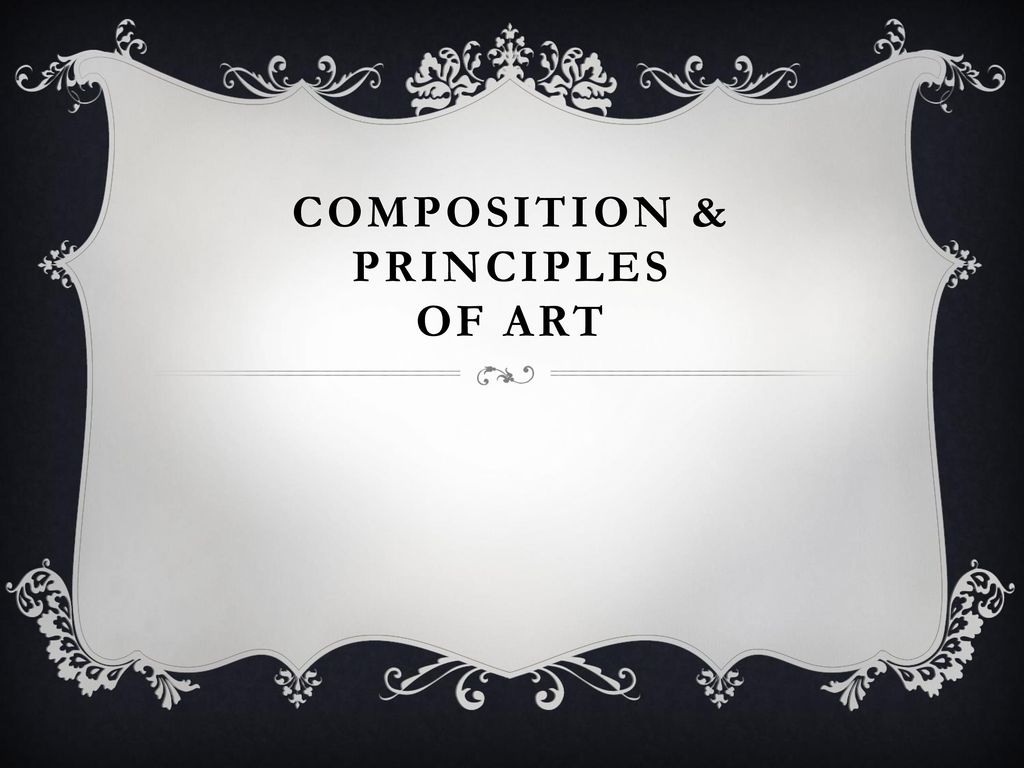
-
Birth or awakening.
All these sensations are embedded in us by a series of events. Physically, we cannot go through the process of childbirth again, or change from one stage to another. At least in the normal world. But lucid dreaming offers an opportunity to break the paradigm of established patterns. This can be facilitated by specially created conditions, or willpower .
Timothy Leary about what unites the LSD trip and lucid dreaming
In fact, you dive into yourself and see all the possible choices at the same timeWhen working with clients, Stanislav Grof used the method of immersion in prenatal experience. If Freud is a couch and a lying client, then Grof is a client curled up in a ball on a soft carpet and covered with a dense cloth that practically does not let in sunlight.
When using holotropic breathing, Grof led the client along the path of fears and experienced sensations. Which totally rhymes with psychedelic trips and what Timothy Leary has researched.
Timothy Leary is an LSD cultural evangelist. In the world of psychology, he is known for the Interpersonal Relationship Test, which is supposedly still used by the CIA to interview potential employees. But in the culture of psychonauts, Timothy Leary is famous for his book The Seven Tongues of God, in which, step by step, he described the stages that a psychonaut experiences when plunging into an acid trip. In order not to spoil, I will describe the first three, since they can be experienced as in LSD experience and through lucid dreams.
-
Stage one. vegetative changes. When LSD begins to act, a person feels a number of changes: the frequency and depth of breathing, pulse, goosebumps, slight dizziness. The same thing happens at the time of the onset of REM sleep. Breathing changes, the pulse quickens, the eyeballs move intensively. There may be twitching of the limbs. At this point, the psychonaut begins to observe unrelated images. Fractals, blurring of objects, overlapping images.

-
Stage two. Erotic experience. When a full-fledged trip begins, and we are talking about a successful trip, a person is faced with pleasant and positive sensations. Erections, erotic fantasies, sexual images are a frequent companion of psychonauts. But it's still a slippery line from which you can easily fall like a bad trip, or just get stuck on it.
-
Stage three. Flight. Timothy Leary described it as an opportunity to avoid obvious threats. With proper accompaniment or an act of willpower, a person can have a transcendental experience. It's something that you can't even imagine, but it feels quite real. If you watched the first Doctor Strange, then meeting the Ancient One is the experience. Only for Strange, he slowly and inevitably led to a bad trip if he was not brought back to the "real world".
Usually in dreams we get stuck in the first stage. It's enjoyable enough, as long as the traumatic experience doesn't come out. Sometimes, especially in adolescence, when the pineal gland plows to the fullest, we fall into erotic experiences.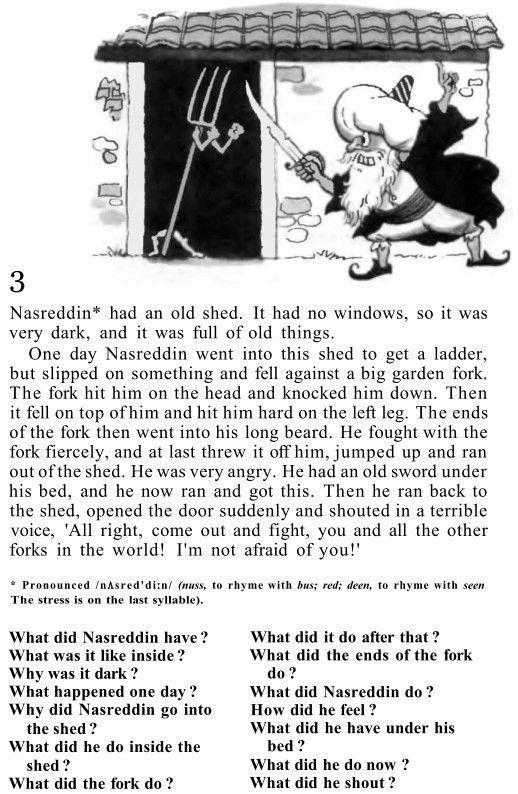 And sometimes, with the proper share of luck, we fly in a dream and try to enjoy the feeling of omnipotence.
And sometimes, with the proper share of luck, we fly in a dream and try to enjoy the feeling of omnipotence.
But in a lucid dream we can travel through all three stages, changing them as we please. We can construct worlds, as did the heroes of the film "Inception". But the main thing is not to be too happy, otherwise, we will wake up. So it turns out that all this is necessary only in order to avoid fears and spend time in colorful pictures?
Why go into lucid dreams?
Then So, let's collect the accumulated experience of three psychologists who threw their time and effort into lucid dreaming. Allan Hobson talked about the existence of sentient and aware parts of consciousness that form us as an indivisible qualia. Stanislav Grof spoke about the imprinted seals of prenatal experience that emerges in dreams. And Timothy Leary described exactly what the stages of sleep are, and that you can travel through them, literally realizing, what is a psychedelic trip . But what to do with all this?
But what to do with all this?
Features of consciousness and experience
He never asked for thisLucid dreams are interesting because they give incredible sensations. Those who have ever caught themselves in a lucid dream state remember this incredible feeling of omnipotence. The end of fears, anxieties and constant creativity. At a certain point in time, consciousness seems to take control, and you understand that the world around you can be changed only by the power of thought. And it happens, as described by Allan Hobson, as follows.
-
The secondary consciousness, the one that relates to conscious activity and the assimilation of the experience gained, becomes the environment. Literally a space that is beginning to be explored.
-
The study is conducted on behalf of the primary consciousness, which is responsible for receiving emotions, sensations and impressions. That is why in a dream it is impossible: to read, see numbers, play chess or write.

-
In fact, our rational consciousness becomes an external environment through which sensations and images are chasing. And, having gained access to it, we actually gain power over everything that surrounds us, thereby becoming a qualia, an integral entity, where we are the world around us.
This happens at the moment of an exceptional experience or preformed attitude. An example of the first is a fall. At this point, you can either “crash” or, through an effort of will, turn the fall into flight. And then either get stuck at this stage, enjoying the sensations of the flight, or move on.
Here we trace the return journey through the stages described by Stanislav Grof. Most often, inclusion in a lucid dream occurs at the peak of the fear that accompanies childbirth. And a person finds strength and redirects fear and contraction into flight, as in heavenly amniotic fluid.
And it can hang in this nirvana, waiting for awakening. Or maybe move on.
Solving psychological problems
And here and there, you are lying. But sleep is freeThe value of a psychedelic experience is not in its hallucinations and sensations. Taking psychedelics for the sake of it is like eating food just for the taste - which is one of the eating disorders. The psychedelic experience is valuable in that one can feel control and acceptance in relation to one's fears and unresolved conflicts.
Timothy Leary repeatedly noted in his works that the success of the trip is ensured by the set and setting. A set of pre-trip set-ups and an accompanying partner who remains conscious: a psychotherapist, a tribal shaman, or someone who has been on a trip many times and has an idea of what you're experiencing. As a result, this person from the outside can guide you, helping you overcome fears, doubts and panic. The latter is important because psychoactive substances keep a person for hours. Accordingly, the fear and horror of a psychedelic trip can break the idea of the world, and give nothing in return.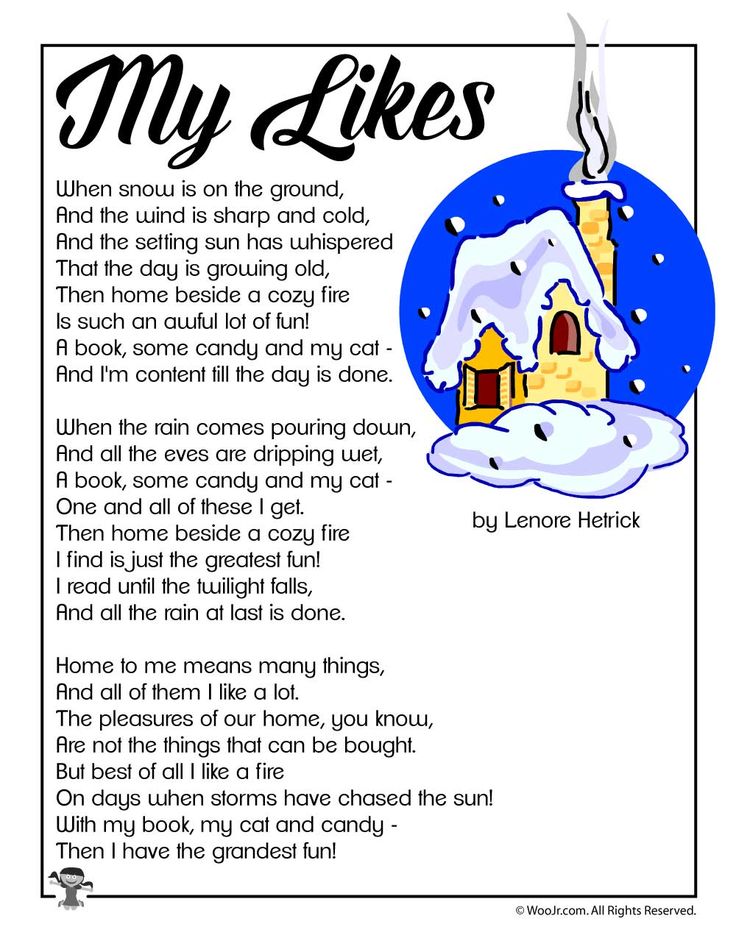 Returning from there, a person will be crippled, not full.
Returning from there, a person will be crippled, not full.
Lucid dreams are just missing this. They can travel, change, face fears. And, if the situation gets out of control, the body will wake you up, pulling you out of the traumatic experience.
In fact, lucid dreams are used to:
-
Facing and accepting fears. A person sees what frightens him. He can stop the nightmare, consider the monster and see in it both himself and something small, small, sitting in the back of consciousness, from children's stories.
-
A person can gain confidence. By changing the world and interacting with it directly, a person wakes up with a sense of confidence and faith in his own strength. Which also has a positive effect on well-being.
-
Acquire transcendental experience without harm to health. Most often, entering into lucid dreaming requires practice and mindfulness before sleep. Dream diaries, watch tracking, sleep mode. Most often you need to wake up at 5 am and fall asleep again.
 Then the likelihood of falling into lucid dreams is much higher.
Then the likelihood of falling into lucid dreams is much higher.
Lucid dreaming is not a diamond bullet. They are hard to see. They will not give a quick increase in productivity. They do not guarantee instant results. But at the same time they remain one of the most accessible tools to our consciousness.
Effects of lucid dreaming
Well, helloSlight fatigue. You are literally not sleeping. Therefore, it is pointless to look for lucid dreams with 6-7 hours of sleep. It is much better to experiment with them when there is guaranteed more time than 8 hours for sleep.
Positive changes, if any, are purely subjective. You will slowly work out personal tricks, and how to track these processes is also up to you. If you had such an experience, share it in the comments. It will be interesting to know.
This was one of many posts about consciousness, productivity and the tools that make it possible. You will find more articles in Telegram channel .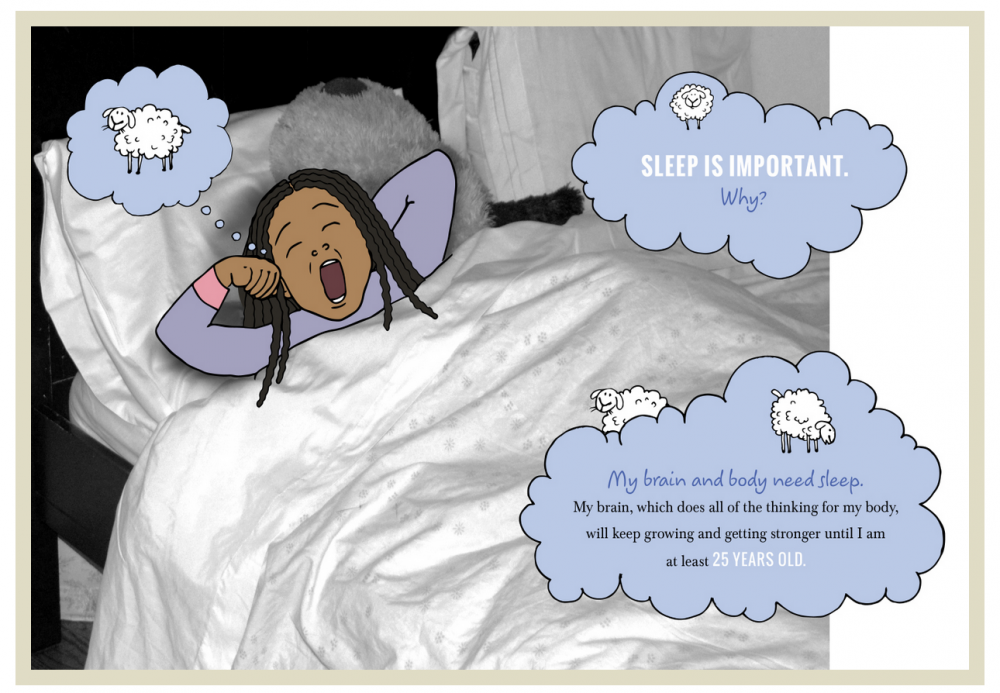 Subscribe to be the first to receive the latest content!
Subscribe to be the first to receive the latest content!
I also recommend subscribing to group in VK , where materials about the experience of members of our community are posted first.
See you soon!
Author: Philip Donchev
Lucid dreams. Why are they needed, how to cause, what are the consequences? — RISE on vc.ru
Sleep occupies a special place in the search for productivity. It can be used for deep and high-quality rest allocated to the body by nature itself. And you can treat it as a tool for studying the psyche. Hello! RISE is in touch: a community about nootropics and personal productivity. And in this material, we will dive into lucid dreams, and then we will find out how they can be used for personal productivity.
4644 views
Where are you diving into?
Lucid dreams. Methodology
In psychology, the subject of dreams was first covered by Sigmund Freud and Carl Gustav Jung.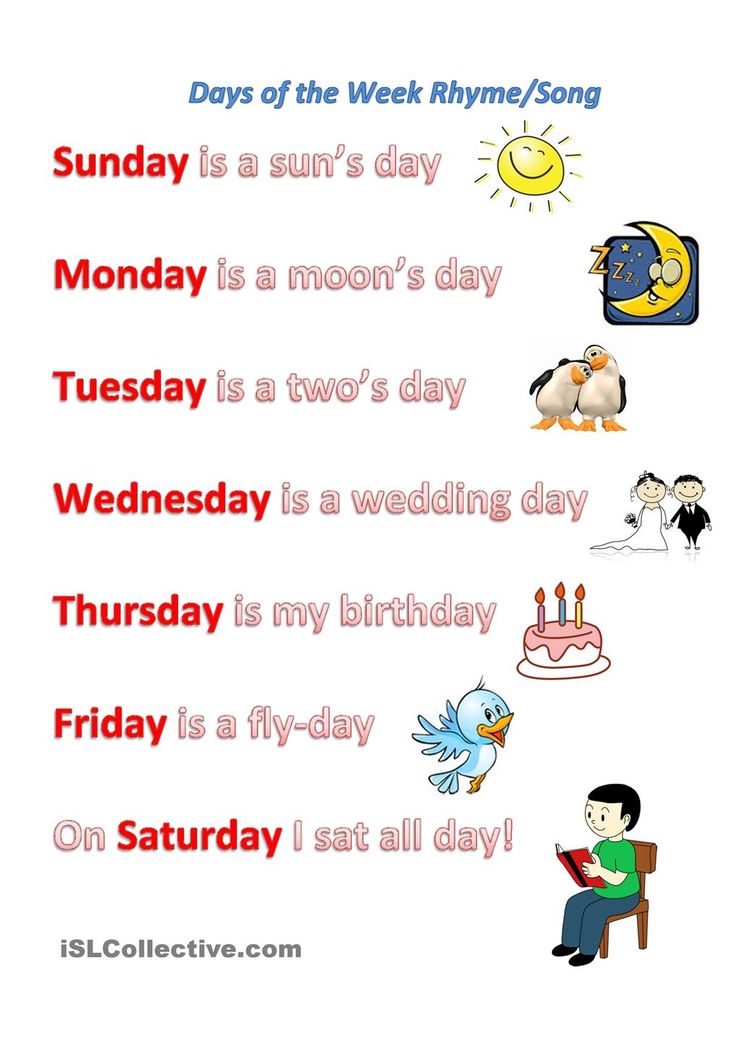 But they did it based on their own vision of definitions and categories. In particular, Freud saw the manifestation in dreams of repressed motives and desires. Carl Gustav Jung, on the contrary, wrote about the existence of crystallized images of the common unconscious, which he called archetypes. By the way, archetypes are used everywhere in art - even in computer games, which are not as useless as they seem. However, the achievements of these psychologists were the first attempts to categorize the subjective experience of each person, based on the worldviews of two European scientists.
But they did it based on their own vision of definitions and categories. In particular, Freud saw the manifestation in dreams of repressed motives and desires. Carl Gustav Jung, on the contrary, wrote about the existence of crystallized images of the common unconscious, which he called archetypes. By the way, archetypes are used everywhere in art - even in computer games, which are not as useless as they seem. However, the achievements of these psychologists were the first attempts to categorize the subjective experience of each person, based on the worldviews of two European scientists.
Allan Hobson on split consciousness and lucid dreaming
Allan Hobson took up the modern concept of lucid dreaming. The author devoted his entire scientific life and career to the study of dreams and the meanings inherent in them. Sometimes it seems that these meanings can be written down in the methods of self-development, although this is not entirely true. The author proposes the following concept of consciousness, and features of its work in sleep and wakefulness:
- Consciousness is divided into primary and secondary.
 The primary is given all the functions of sensing the world. That is, it can only feel and nothing more. The secondary consciousness, which works when a person is awake, explains and interprets everything that we see.
The primary is given all the functions of sensing the world. That is, it can only feel and nothing more. The secondary consciousness, which works when a person is awake, explains and interprets everything that we see. - At the same time, there is a certain formation in the consciousness, called qualia. Qualia is a holistic and indivisible self-image. A kind of self-awareness that does not split, but constantly changes throughout life. The most appropriate analogy to describe the qualia is the imaginary ship of the Argonauts, which is in the museum. Once a year, one board rots and is replaced with a new one. Question: Will it still be the same ship when all the boards are replaced? The same is true of our self-awareness.
- Primary and secondary consciousness is like a medium for our qualia. The primary offers the sensory experience from which we form our relationship with the environment. Secondary - explains why exactly this happens.
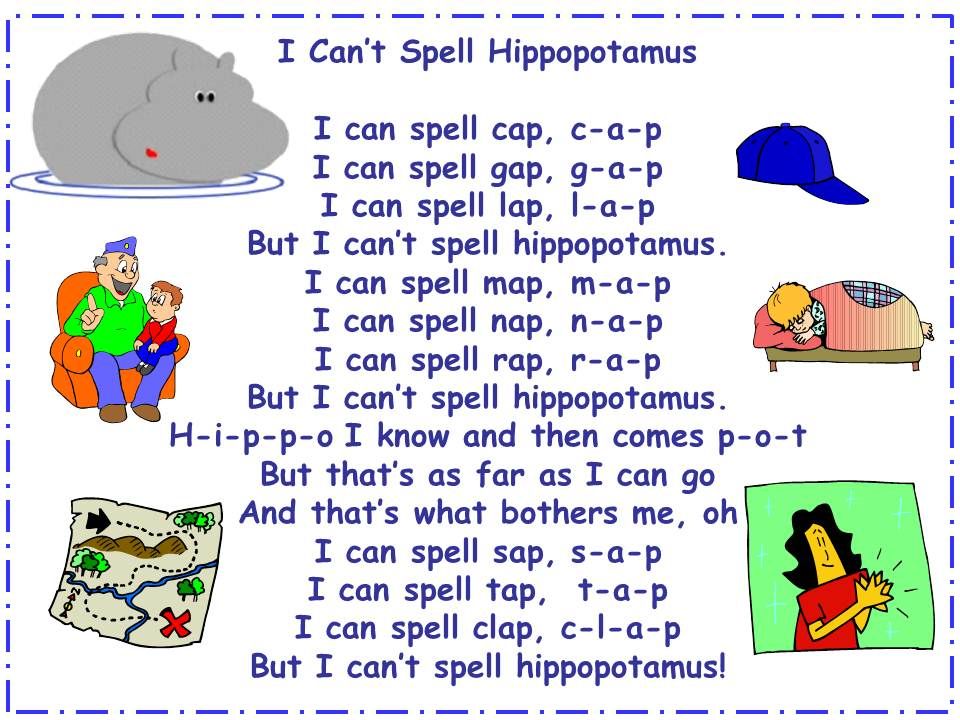
Sleep is presented by Allan Hobs as a tool for assimilation of the experience gained. Roughly speaking, the brain digests the received information. And how effectively he does this depends on how "eagerly" he will receive information in the new period of activity. The bioavailability of information, like the bioavailability of nootropics, varies. And it has a different effect on the formation of the psyche.
Therefore, when it comes to how to learn faster, the most healthy sleep will always be a priority. But is it possible to get a little more out of sleep than just quality rest? Stanislav Grof thinks so.
Stanislav Grof about lucid dreams
Stanislav Grof shows the client the reason for his fears and insecurities. Photo in color
The end of the 70s was marked in the world of psychiatry by the prohibition of psychedelic substances. Society was in revolt, effectiveness on the battlefield was in doubt, and cases of mental disorders were on the rise.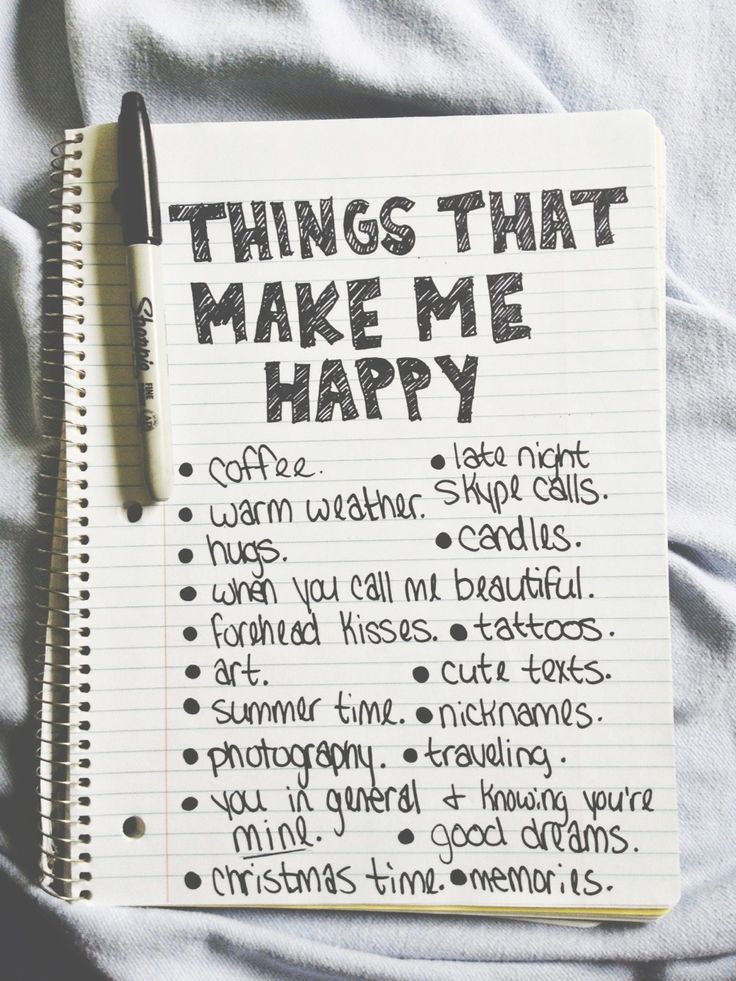 The government needed quick results, and in this case, a nuclear reaction looks preferable to the most colorful DMT effects.
The government needed quick results, and in this case, a nuclear reaction looks preferable to the most colorful DMT effects.
Stanislav Grof was one of the psychiatrists who saw the potential of psychedelics in dealing with psychological trauma and problems. And then the scientist wondered if it was possible to induce the effects of a psychedelic trip without psychedelics. The options were as follows:
- Hypnosis. Back then, it was still considered an effective tool, albeit incredibly labor-intensive. It was difficult to measure its effectiveness scientifically. Fixing the subjective effect is problematic. And science treated this phenomenon as a subspecies of quackery.
- Holotropic Breathwork. What Stanislav Grof is known for in the modern world. A person begins to consciously combine the phases of oxygen starvation and increased oxygenation of the brain. In response to this, the brain begins to actively engage the pineal gland, releasing neurohormones, including DMT.
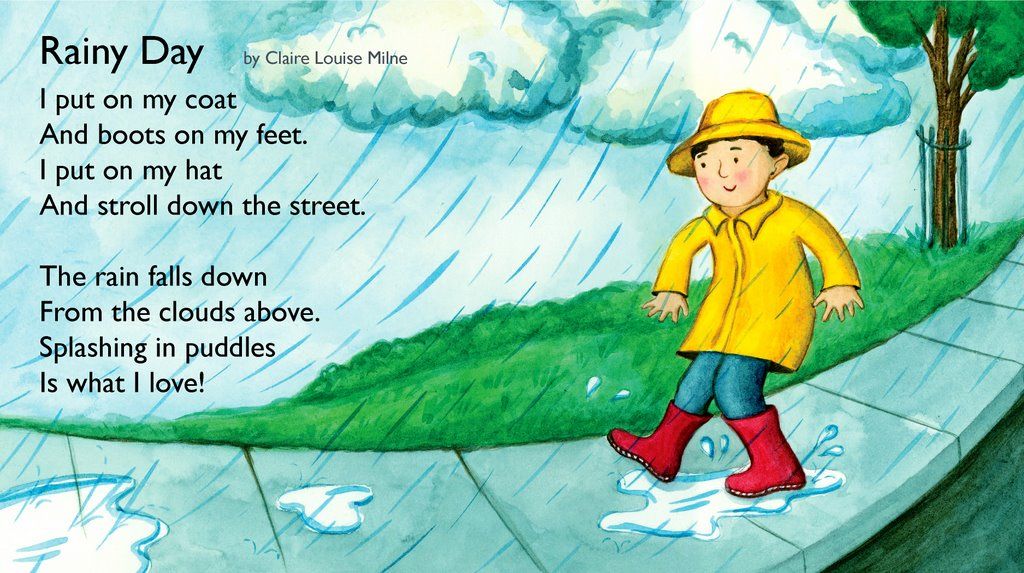 And the person experiences a slight trip.
And the person experiences a slight trip. - Lucid dreams. A specific state of consciousness when we understand where we are and can change the environment. Due to what this happens, we will analyze later. It is important to note here that Stanislav Grof was one of the first to turn to lucid dreams as a tool. And that's what prompted him to this idea.
In a dream, a person experiences a rich experience of a lifetime. Including the basic sensations that I experienced prenatally. The existence that everyone experienced in utero remains with us for life and is reflected in dreams and religion.
- Grof equated the feeling of flight with heavenly sensations. The embryo splashes in the amniotic fluid, experiencing a feeling of weightlessness. He draws food, warmth and care from the same environment in which he is.
- Feeling of emptiness and anxiety. What happens in the mind shortly before the nightmare.
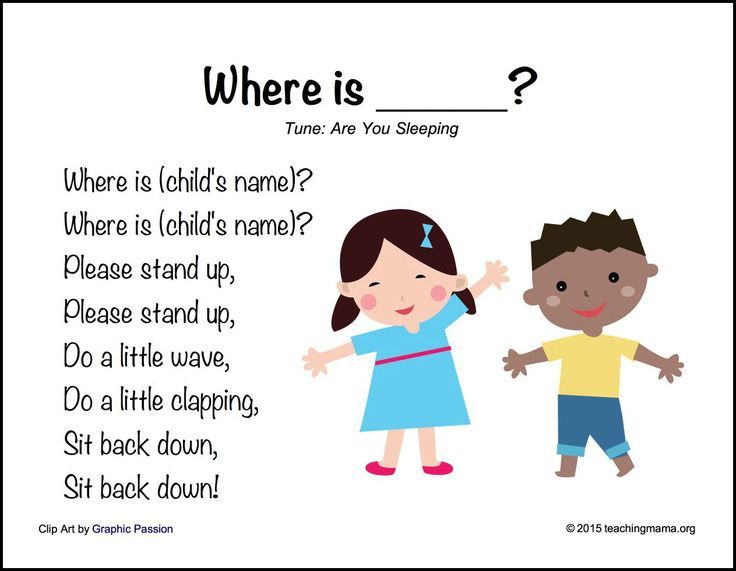 Purgatory, or the state of the embryo when the waters have already broken. A somewhat blurry feeling, as hell immediately begins after it.
Purgatory, or the state of the embryo when the waters have already broken. A somewhat blurry feeling, as hell immediately begins after it. - Squeezing, enclosed spaces, corridors or blockages. The inability to run or hide from the monster. This is the experience of those same labor pains, when you are squeezed and pushed through a long corridor to no one knows where.
- Birth, it is awakening.
All these sensations are embedded in us by a series of events. Physically, we cannot go through the process of childbirth again, or change from one stage to another. At least in the normal world. But lucid dreaming offers an opportunity to break the paradigm of established patterns. This can be facilitated by specially created conditions, or by willpower.
Timothy Leary on what unites the LSD trip and lucid dreaming
In fact, you immerse yourself in yourself and see all possible choices at the same time
When working with clients Stanislav Grof used the method of immersion in prenatal experience.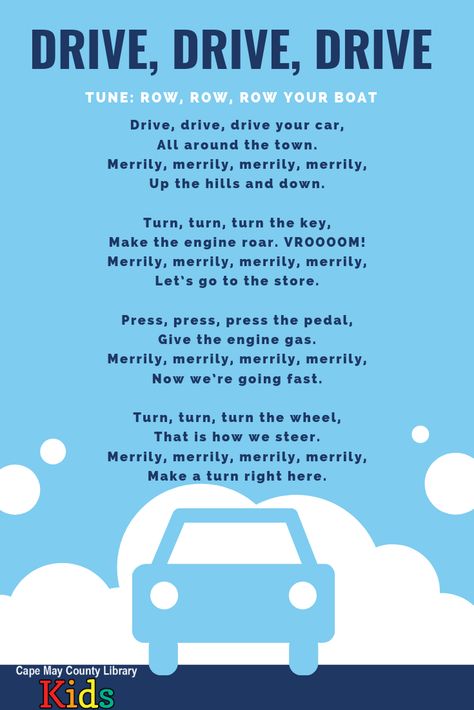 If Freud is a couch and a lying client, then Grof is a client curled up in a ball on a soft carpet and covered with a dense cloth that practically does not let in sunlight.
If Freud is a couch and a lying client, then Grof is a client curled up in a ball on a soft carpet and covered with a dense cloth that practically does not let in sunlight.
When using holotropic breathing, Grof led the client along the path of fears and experienced sensations. Which totally rhymes with psychedelic trips and what Timothy Leary has researched.
Timothy Leary is an LSD cultural evangelist. In the world of psychology, he is known for the Interpersonal Relationship Test, which is supposedly still used by the CIA to interview potential employees. But in the culture of psychonauts, Timothy Leary is famous for his book The Seven Tongues of God, in which, step by step, he described the stages that a psychonaut experiences when plunging into an acid trip. In order not to spoil, I will describe the first three, since they are the ones that can be experienced both through the LSD experience and through lucid dreams.
- Stage one. vegetative changes. When LSD begins to act, a person feels a number of changes: the frequency and depth of breathing, pulse, goosebumps, slight dizziness.
 The same thing happens at the time of the onset of REM sleep. Breathing changes, the pulse quickens, the eyeballs move intensively. There may be twitching of the limbs. At this point, the psychonaut begins to observe unrelated images. Fractals, blurring of objects, overlapping images.
The same thing happens at the time of the onset of REM sleep. Breathing changes, the pulse quickens, the eyeballs move intensively. There may be twitching of the limbs. At this point, the psychonaut begins to observe unrelated images. Fractals, blurring of objects, overlapping images. - Stage two. Erotic experience. When a full-fledged trip begins, and we are talking about a successful trip, a person is faced with pleasant and positive sensations. Erections, erotic fantasies, sexual images are a frequent companion of psychonauts. But it's still a slippery line from which you can easily fall like a bad trip, or just get stuck on it.
- Stage three. Flight. Timothy Leary described it as an opportunity to avoid obvious threats. With proper accompaniment or an act of willpower, a person can have a transcendental experience. It's something that you can't even imagine, but it feels quite real. If you watched the first Doctor Strange, then meeting the Ancient One is the experience.
 Only for Strange, he slowly and inevitably led to a bad trip if he was not brought back to the "real world".
Only for Strange, he slowly and inevitably led to a bad trip if he was not brought back to the "real world".
Usually in dreams we get stuck in the first stage. It's enjoyable enough, as long as the traumatic experience doesn't come out. Sometimes, especially in adolescence, when the pineal gland plows to the fullest, we fall into erotic experiences. And sometimes, with the proper share of luck, we fly in a dream and try to enjoy the feeling of omnipotence.
But in a lucid dream we can travel through all three stages, changing them as we please. We can construct worlds, as did the heroes of the film "Inception". But the main thing is not to be too happy, otherwise, we will wake up. So it turns out that all this is necessary only in order to avoid fears and spend time in colorful pictures?
Why go into lucid dreaming?
So, let's collect the accumulated experience of three psychologists who threw their time and effort into lucid dreaming.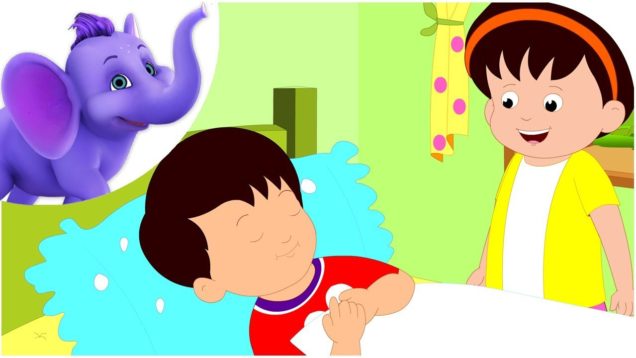 Allan Hobson talked about the existence of sentient and aware parts of consciousness that form us as an indivisible qualia. Stanislav Grof spoke about the imprinted seals of prenatal experience that emerges in dreams. And Timothy Leary described exactly what stages of sleep exist, and that you can travel through them, literally realizing what a psychedelic trip is. But what to do with all this?
Allan Hobson talked about the existence of sentient and aware parts of consciousness that form us as an indivisible qualia. Stanislav Grof spoke about the imprinted seals of prenatal experience that emerges in dreams. And Timothy Leary described exactly what stages of sleep exist, and that you can travel through them, literally realizing what a psychedelic trip is. But what to do with all this?
Features of consciousness and experience
Lucid dreams are interesting because they give incredible sensations. Those who have ever caught themselves in a lucid dream state remember this incredible feeling of omnipotence. The end of fears, anxieties and constant creativity. At a certain point in time, consciousness seems to take control, and you understand that the world around you can be changed only by the power of thought. And it happens, as described by Allan Hobson, as follows.
- The secondary consciousness, the one that relates to conscious activity and the assimilation of the experience gained, becomes the environment.
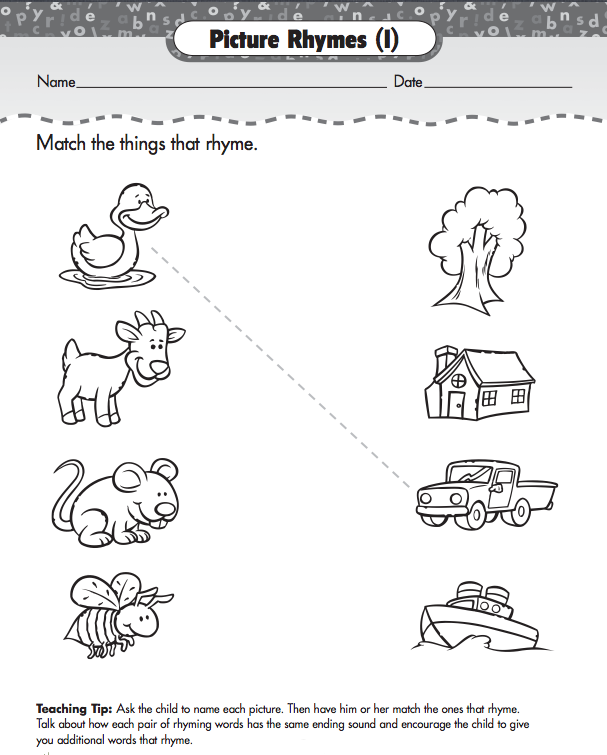 Literally a space that is beginning to be explored.
Literally a space that is beginning to be explored. - The study is conducted on behalf of the primary consciousness, which is responsible for receiving emotions, sensations and impressions. That is why in a dream it is impossible: to read, see numbers, play chess or write.
- In fact, our rational consciousness becomes an external environment through which sensations and images are chasing. And, having gained access to it, we actually gain power over everything that surrounds us, thereby becoming a qualia, an integral entity, where we are the world around us.
This happens at the moment of an exceptional experience or preformed attitude. An example of the first is a fall. At this point, you can either “crash” or, through an effort of will, turn the fall into flight. And then either get stuck at this stage, enjoying the sensations of the flight, or move on.
Here we trace the return journey through the stages described by Stanislav Grof.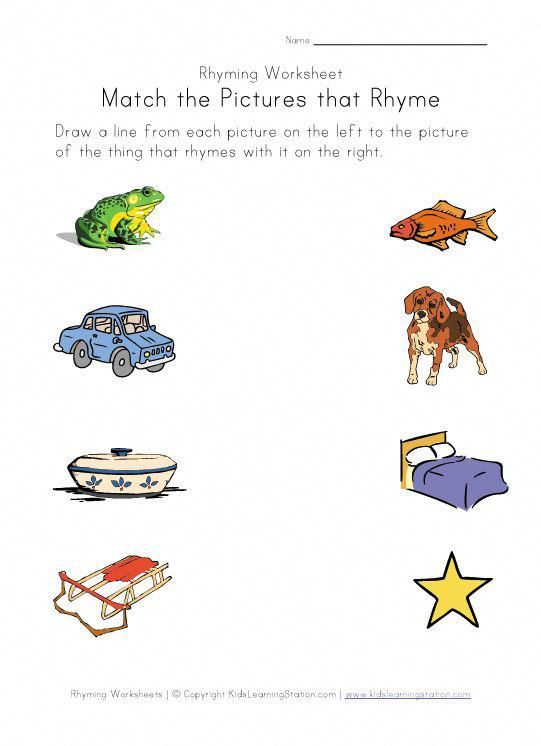 Most often, inclusion in a lucid dream occurs at the peak of the fear that accompanies childbirth. And a person finds strength and redirects fear and contraction into flight, as in heavenly amniotic fluid.
Most often, inclusion in a lucid dream occurs at the peak of the fear that accompanies childbirth. And a person finds strength and redirects fear and contraction into flight, as in heavenly amniotic fluid.
And it can hang in this nirvana, waiting for awakening. Or maybe move on.
Solving psychological problems
And here and there, you lie. But sleep is free
The psychedelic experience is valuable not because of hallucinations and sensations. Taking psychedelics for the sake of it is like eating food just for the taste - which is one of the eating disorders. The psychedelic experience is valuable in that one can feel control and acceptance in relation to one's fears and unresolved conflicts.
Timothy Leary repeatedly noted in his works that the success of the trip is ensured by the set and setting. A set of pre-trip set-ups and an accompanying partner who remains conscious: a psychotherapist, a tribal shaman, or someone who has been on a trip many times and has an idea of what you're experiencing. As a result, this person from the outside can guide you, helping you overcome fears, doubts and panic. The latter is important because psychoactive substances keep a person for hours. Accordingly, the fear and horror of a psychedelic trip can break the idea of the world, and give nothing in return. Returning from there, a person will be crippled, not full.
As a result, this person from the outside can guide you, helping you overcome fears, doubts and panic. The latter is important because psychoactive substances keep a person for hours. Accordingly, the fear and horror of a psychedelic trip can break the idea of the world, and give nothing in return. Returning from there, a person will be crippled, not full.
Lucid dreams are just missing this. They can travel, change, face fears. And, if the situation gets out of control, the body will wake you up, pulling you out of the traumatic experience.
In fact, lucid dreams are used to:
- Facing fears and accepting them. A person sees what frightens him. He can stop the nightmare, consider the monster and see in it both himself and something small, small, sitting in the back of consciousness, from children's stories.
- One can gain confidence. By changing the world and interacting with it directly, a person wakes up with a sense of confidence and faith in his own strength.
 Which also has a positive effect on well-being.
Which also has a positive effect on well-being. - Acquire transcendental experience without harm to health. Most often, entering into lucid dreaming requires practice and mindfulness before sleep. Dream diaries, watch tracking, sleep mode. Most often you need to wake up at 5 am and fall asleep again. Then the likelihood of falling into lucid dreams is much higher.
Lucid dreaming is not a diamond bullet. They are hard to see. They will not give a quick increase in productivity. They do not guarantee instant results. But at the same time they remain one of the most accessible tools to our consciousness.
Effects of lucid dreaming
Well hello
Slight fatigue. You are literally not sleeping. Therefore, it is pointless to look for lucid dreams with 6-7 hours of sleep. It is much better to experiment with them when there is guaranteed more time than 8 hours for sleep.
Positive changes, if any, are purely subjective. You will slowly work out personal tricks, and how to track these processes is also up to you. If you had such an experience, share it in the comments. It will be interesting to know.
You will slowly work out personal tricks, and how to track these processes is also up to you. If you had such an experience, share it in the comments. It will be interesting to know.
What else can affect the quality of lucid dreams? Oddly enough, but nootropic drugs affect sleep, and, as a side effect, can pull a person into this specific state. Personally, this effect worked for me with the following boosters.
Piracetam . In general, dreams under piracetam become colorful, clear, with the connection of sensors. You can literally feel the taste of food or drinks, which is very unusual.
Melatonin . It helps me to normalize the cycle, and as part of my interest in OS, it helps me get enough sleep in the deep phase of sleep, leaving more resources for willpower and conscious switching to Lucid dream. I will say this, with it the probability of entering the OS is higher than without it.
Nooteria Labs Sleep Deep Complex. Aimed at improving the quality of sleep in general and the deep phase in particular.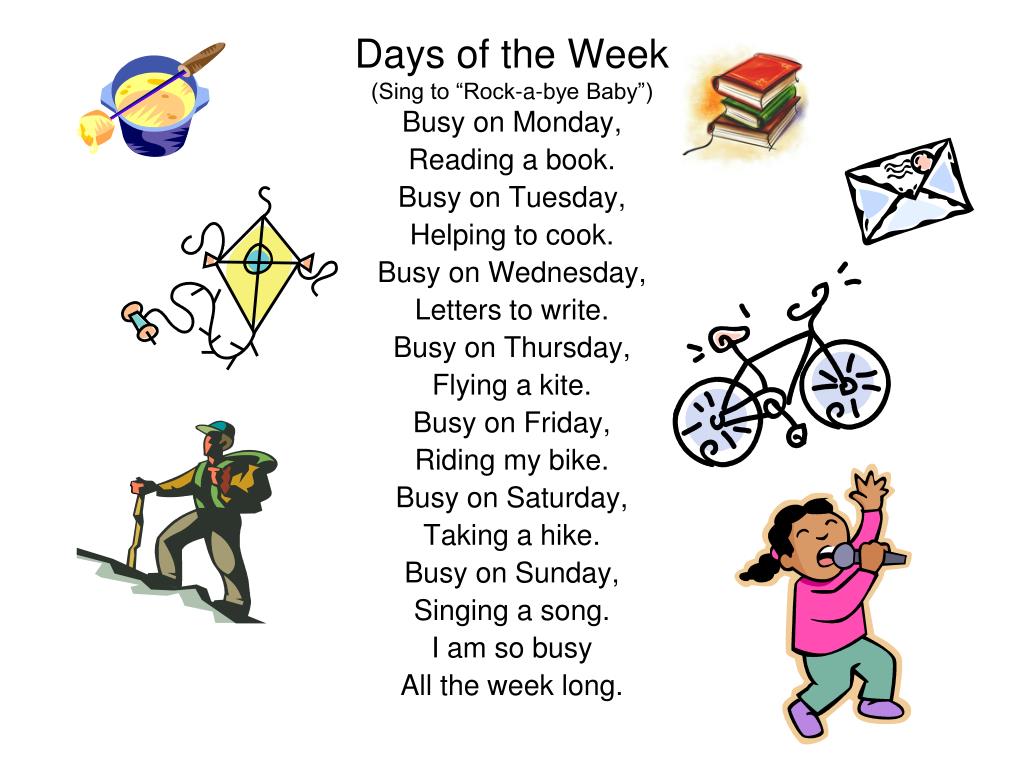 Works thanks to a good composition: 5-HTP, glycine, magnesium and valerian root. This is such a healthier alternative to melatonin (after all, throwing pure neurohormones is not very on an ongoing basis). But in general, melatonin can be supplemented with Sleep Deep first when you need to get to sleep quickly.
Works thanks to a good composition: 5-HTP, glycine, magnesium and valerian root. This is such a healthier alternative to melatonin (after all, throwing pure neurohormones is not very on an ongoing basis). But in general, melatonin can be supplemented with Sleep Deep first when you need to get to sleep quickly.
Phenibut . Normalization of the work of GABA receptors has a good effect on sleep itself. Even if you do not fall out in the OS, you wake up with the feeling of a soundly rested person. But this drug is available only by prescription, can have side effects and give a difficult withdrawal syndrome.
This is my personal stack of tools for diving into the depths of the psyche, without the use of surfactants. If you have your own tools - write in the comments.
This was one of many posts about consciousness, productivity and the tools that make it possible. You will find more articles in the Telegram channel. Subscribe to be the first to receive the latest content!
I also recommend subscribing to a group in VK, where materials about the experience of our community members are posted first.